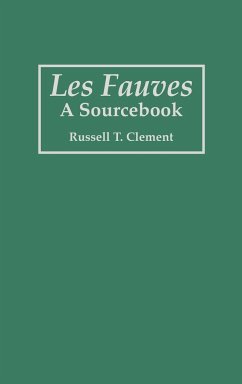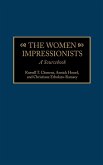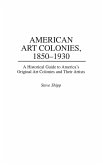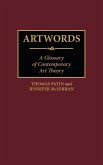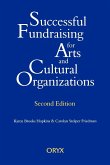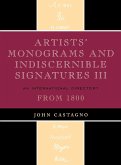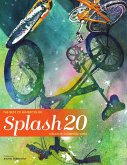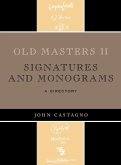This is the first comprehensive scholarly bibliography/research guide/sourcebook on the major French Fauve painters (Henri Matisse and Georges Braque are treated in separate Greenwood bio-bibliographies). It includes information on 3,120 books and articles as well as chronologies, biographical sketches, and exhibition lists. Each artist receives a primary and secondary bibliography with many annotated entries. Secondary bibliographies include details about each artists' life and career, relationships with other artists, work in various media, iconography, and more. Designed for art historians, art students, museum and gallery curators, and art lovers alike, this volume organizes the vast literature surrounding this fascinating, revolutionary, 20th-century art group. Genuinely new art is always challenging, sometimes even shocking to those unprepared for it. In 1905, the paintings of Matisse, Derain, Vlaminck and their friends shocked conservative museum-goers; hence, the eventual popularity of art critic Louis Vauxcelles's tag les fauves, or wild beasts by which these artists became known. Although it lasted only three or four years, Fauvism is recognized as the first artistic revolution of international consequence in the 20th century. It was based on the glorification of pure saturated colors and the free expression of primitivism. It was a dynamic sensualism; an equilibrium of passion and order, fire and austerity that could not last. By the end of 1908, Fauvism collapsed in the face of Cubism, which, moreover, several Fauve artists helped to form.
Bitte wählen Sie Ihr Anliegen aus.
Rechnungen
Retourenschein anfordern
Bestellstatus
Storno

